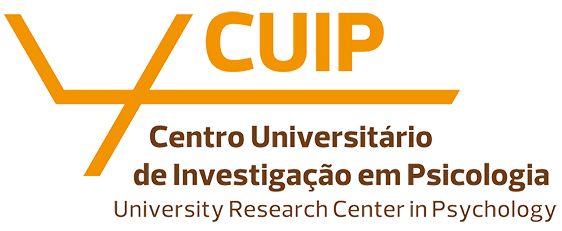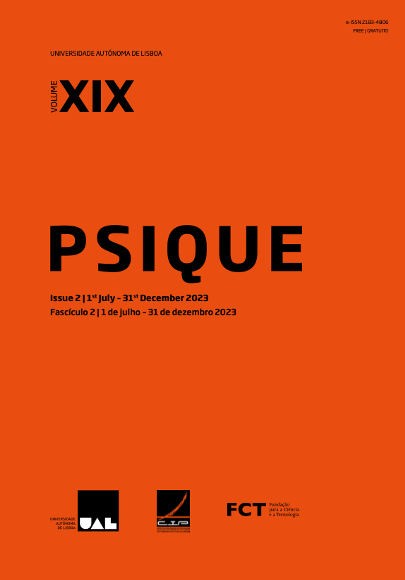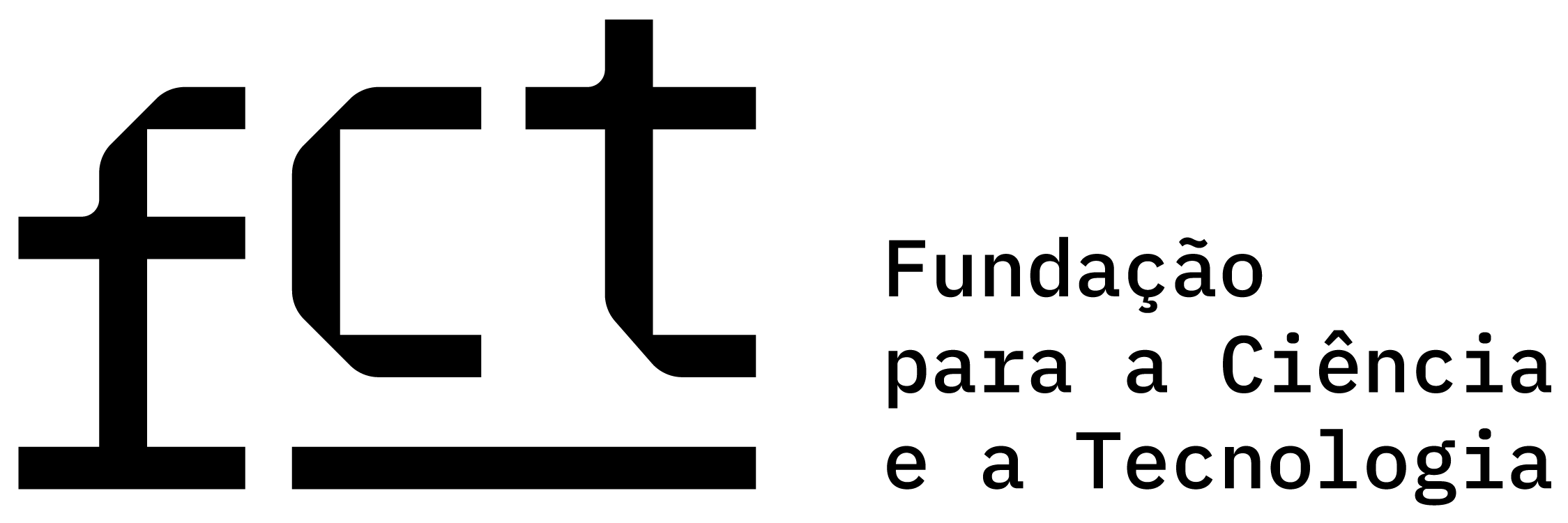Organizational Structure
The organization of CUIP is outlined in the “CUIP General Regulations” ratified by the CUIP Scientific Council in 2023. Key aspects of CUIP’s organization detailed in these Regulations include:
– CUIP’s primary purpose is to advance and conduct research in basic and applied psychology, aiming to generate and disseminate scientific knowledge with educational and societal relevance while supporting decision-making processes in these domains.
– The fundamental objectives of CUIP include producing scientific insights into psychology, fostering innovation and collaboration through research and intervention, cultivating a culture of scientific inquiry among emerging researchers, and building partnerships with civil society organizations and other entities.
– CUIP membership categories consist of Integrated doctoral researchers, Collaborating doctoral researchers, Doctoral researchers, and Research fellows.
– To be admitted as an integrated member of CUIP, the candidate must meet the minimum productivity criteria established by the Scientific Committee for admission.
– CUIP members have the privilege to engage in activities organized or endorsed by the R&D unit and utilize the resources of the research center.
– Members must complete the annual productivity assessment, by January each year.
– Non-doctoral members transition to collaborating status upon completion of their doctoral degree, with the option to seek integrated membership if they fulfil the requisite criteria.
– The CUIP Scientific Committee comprises all integrated doctoral researchers.
– The CUIP Advisory Committee comprises a maximum of ten external members.
– The CUIP Coordinator is elected by the Scientific Committee members for a three-year term, with the possibility of one renewal.
– The CUIP Coordinator chairs both the Center’s Coordinating Committee and Scientific Committee.
– The CUIP Coordinating Committee comprises the CUIP Coordinator and the Coordinators of the research groups.
– If CUIP Management Units are established in other Higher Education Institutions, each unit must appoint one of its members to serve on the Coordinating Committee, selected by the members of the respective institution.






